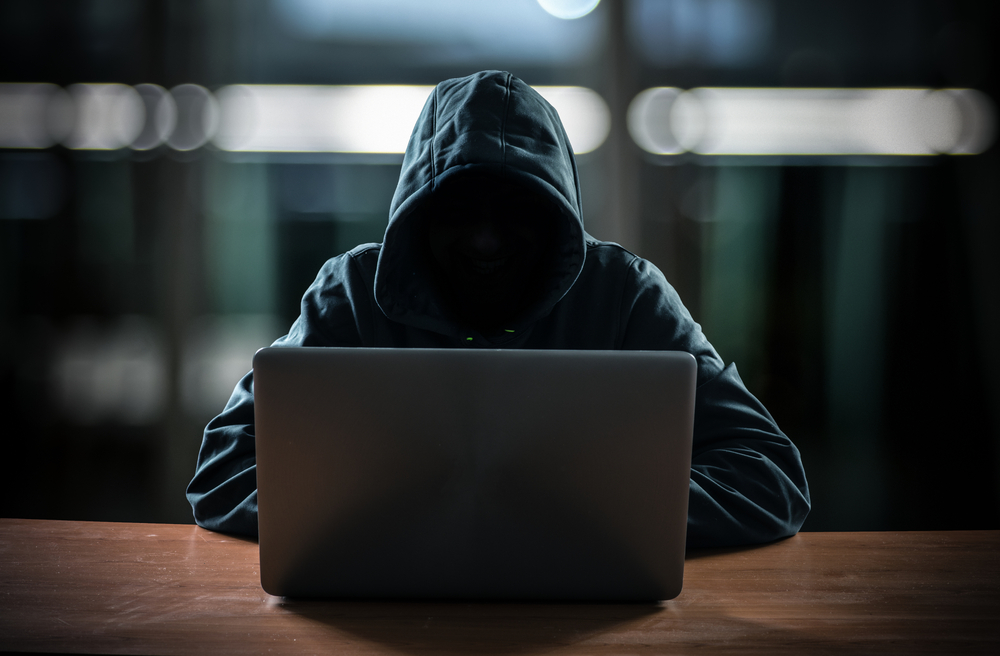Recent global ransomware attacks and the hacking of a Perth real estate agency, show just how damaging online hackers can be for businesses and are a timely reminder of the importance of effective cyber security.
The Perth hacking incident resulted in online scammers flooding the market with fake rental ads for properties below market value, where they would scam unwitting renters for personal and financial details via the listing email address.
While it is not possible to 100 per cent protect yourself from hackers, you can take practical steps to reduce your chances of being targeted.
Here are five ways to minimise the risk of your company being vulnerable to hackers and to better protect your data.

Topics in this article:
Keep up to date
Regularly updating or setting up automatic updates for operating systems (OS) and apps on all your home and office computers and mobile devices is one of the best lines of defence against cyber-attacks. Malicious software and hackers typically exploit vulnerabilities in outdated OS and programs, so be vigilant in checking for updates so you have the latest and greatest software defence in place.
Password safeguards
Extra precautions with your passwords to improve cyber safety include:
1. Regularly changing your passwords.
2. Not using the same password more than once or across multiple accounts. Use a password manager such as LastPass and 1Password to keep tabs on all your different passwords.
3. Creating strong and unique passwords that cannot be easily guessed. Include numbers, symbols, and lower and upper case letters to create a strong password.
4. Never send login details via email or save them to a document.
5. Protect your wifi network with an encrypted password.
6. Always have a passcode enabled on your phone and tablet. The longer it is the better.

Up authentication
Enable two-step authentication to your email, social media and any other online accounts that support it. This adds an extra layer of security to your accounts by requiring a username, password as well as an additional piece of information (like a SMS security code or one from a code generating app) that only you can access before you can login, making an attack even more difficult for a hacker.
Get protection
Install and keep anti-virus, anti-spyware and anti-malware software up to date. Take your cyber security to the next level by installing a web application firewall, which blocks hacking attempts and filters out spammers and malicious bots from entering your server.
Back up often
Last but not least, in case something does slip through the net, give yourself and your business peace of mind by backing up all your data frequently on a server or external hard drive.
At the end of the day protecting yourself from hackers comes down to a bit of common sense. If you receive a suspicious email or email attachment and are unsure where it has come from just don’t open it. It’s not worth the risk.






